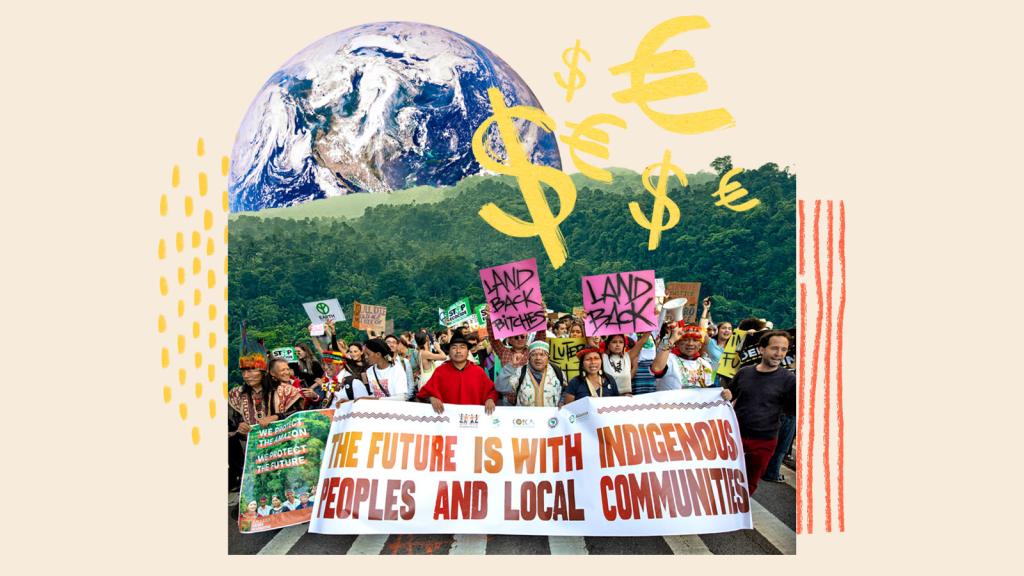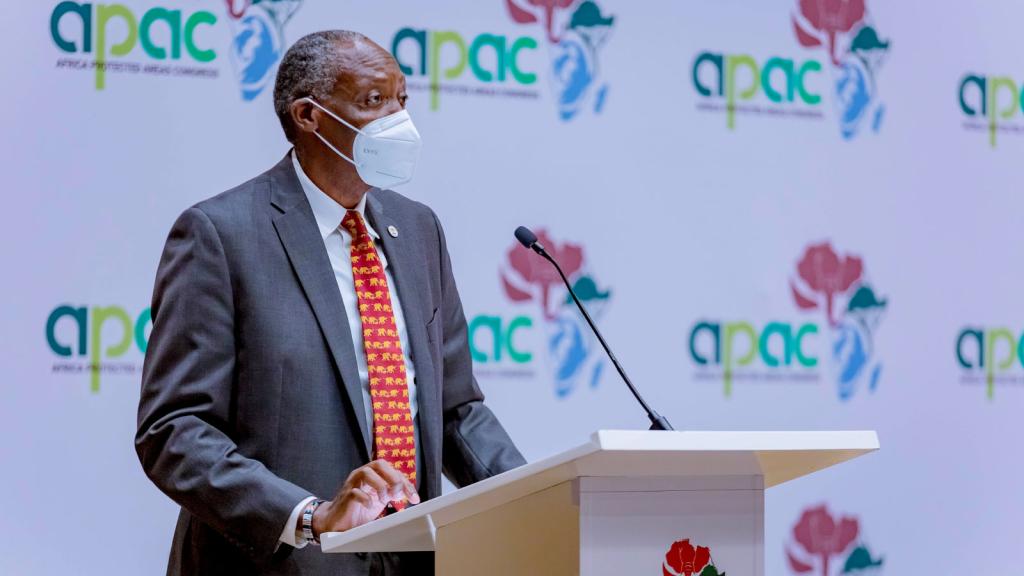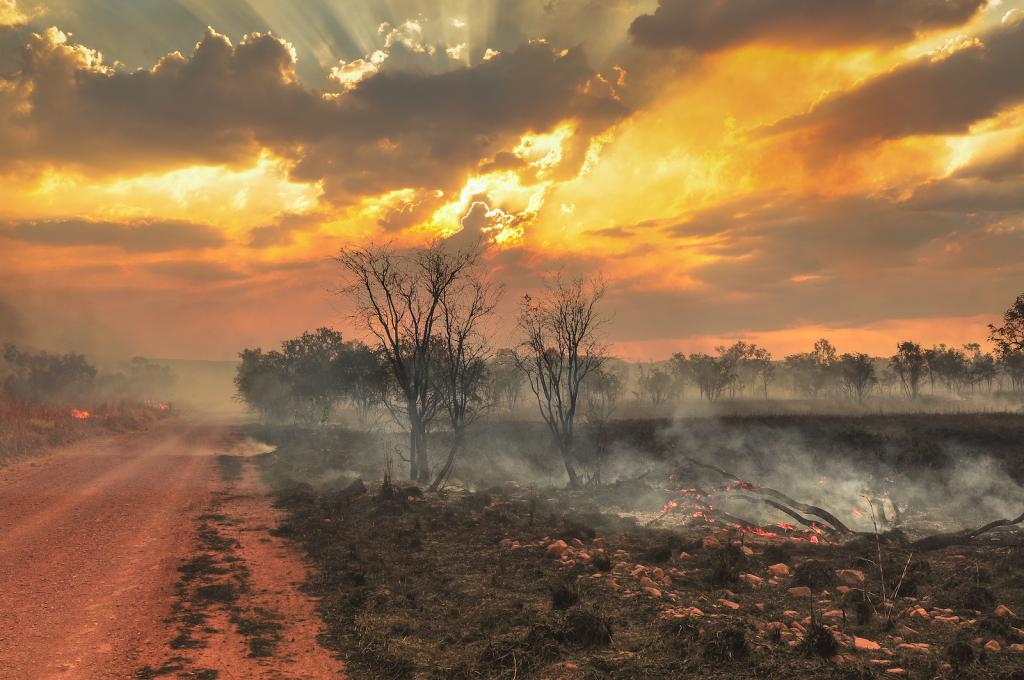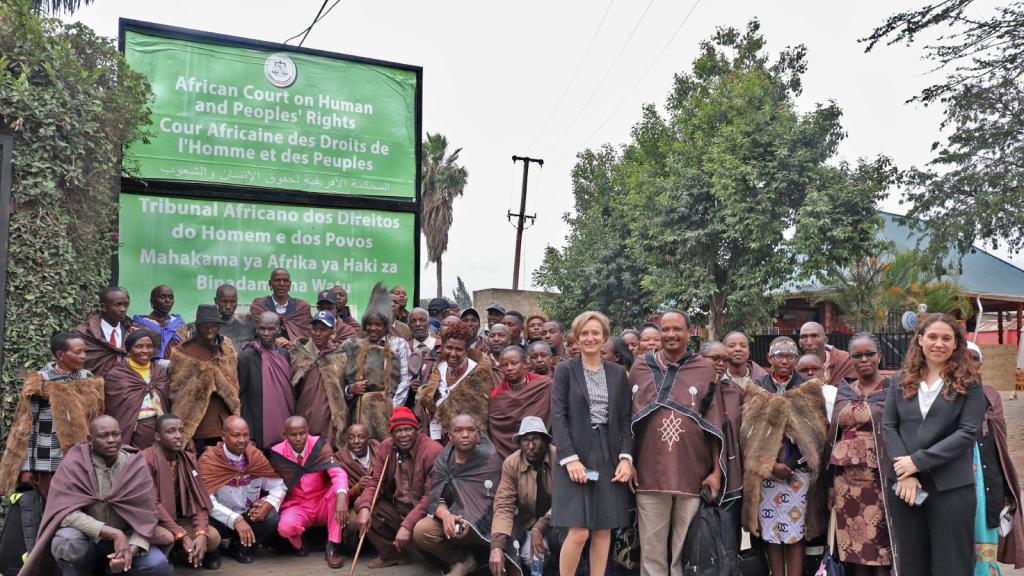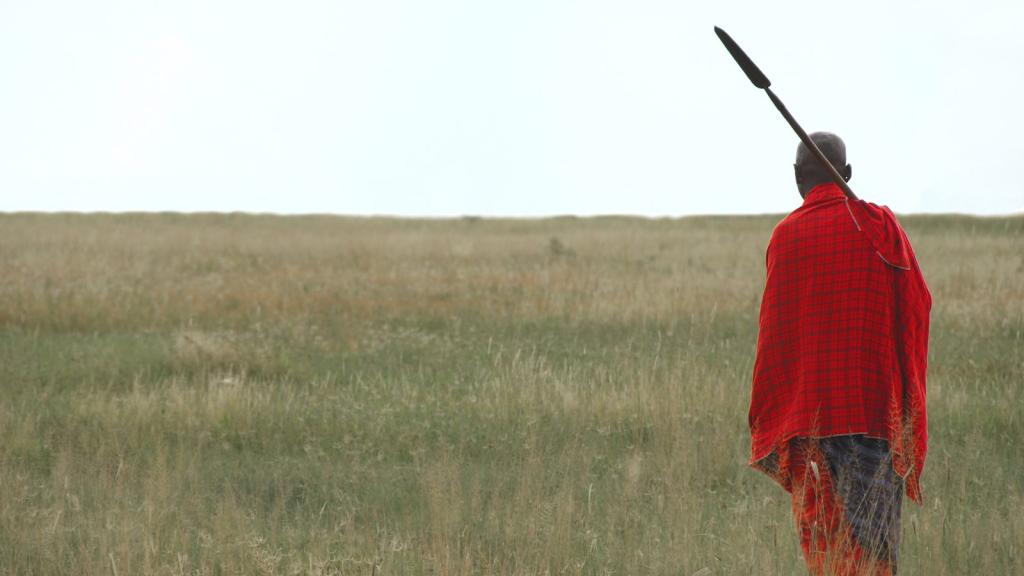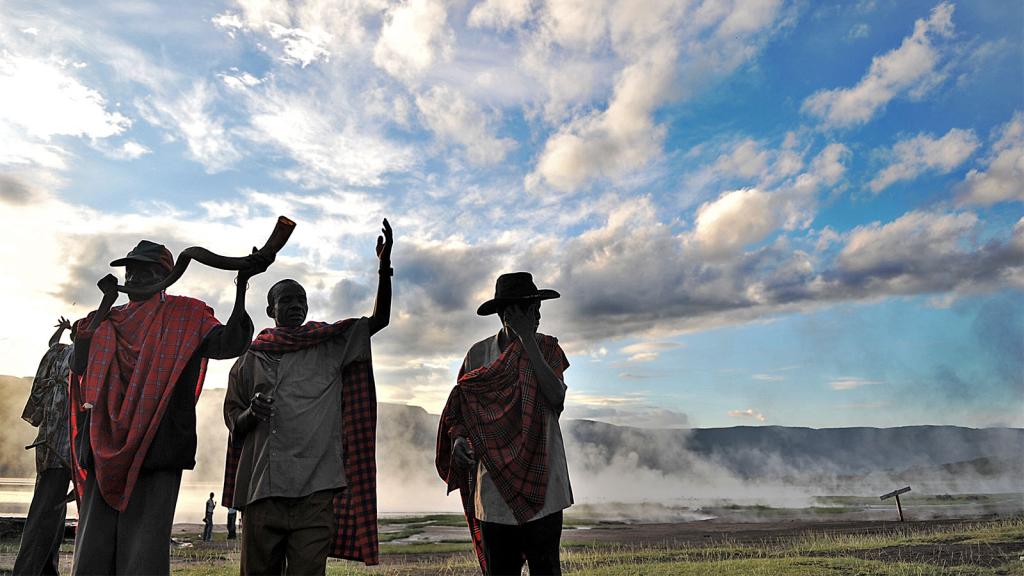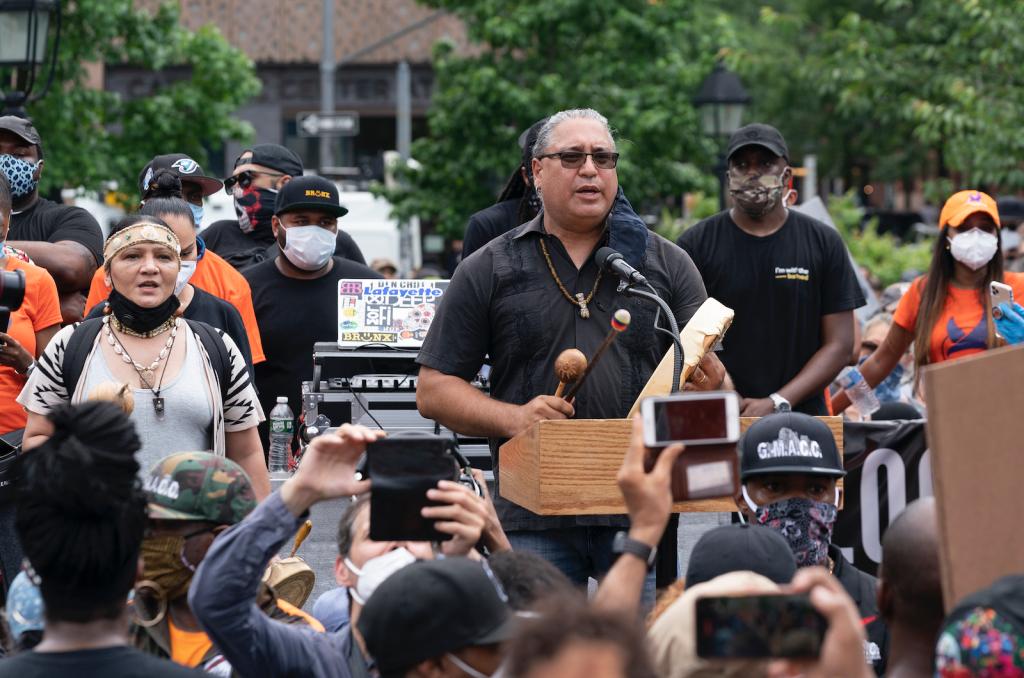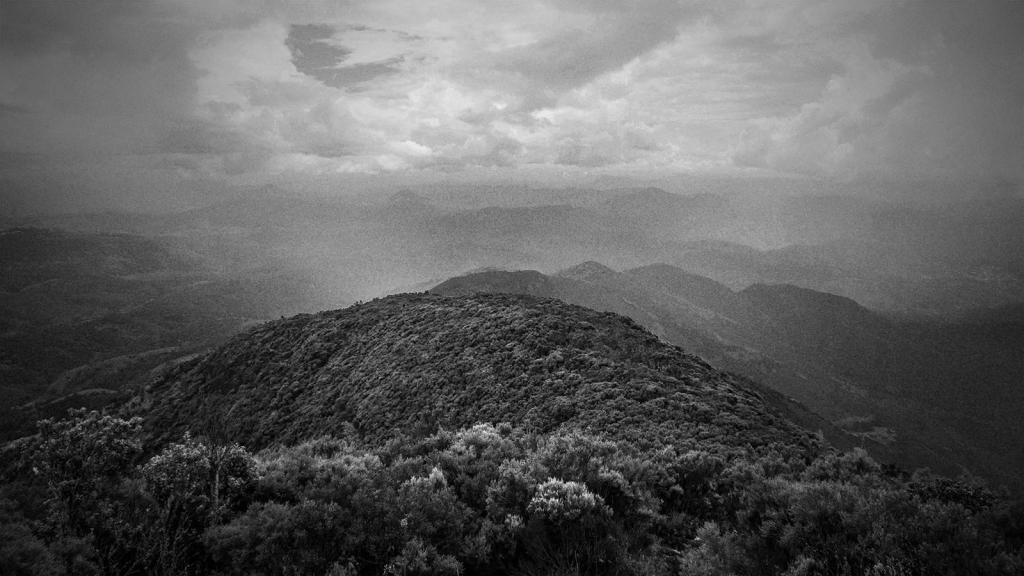The Human Cost of Conservation
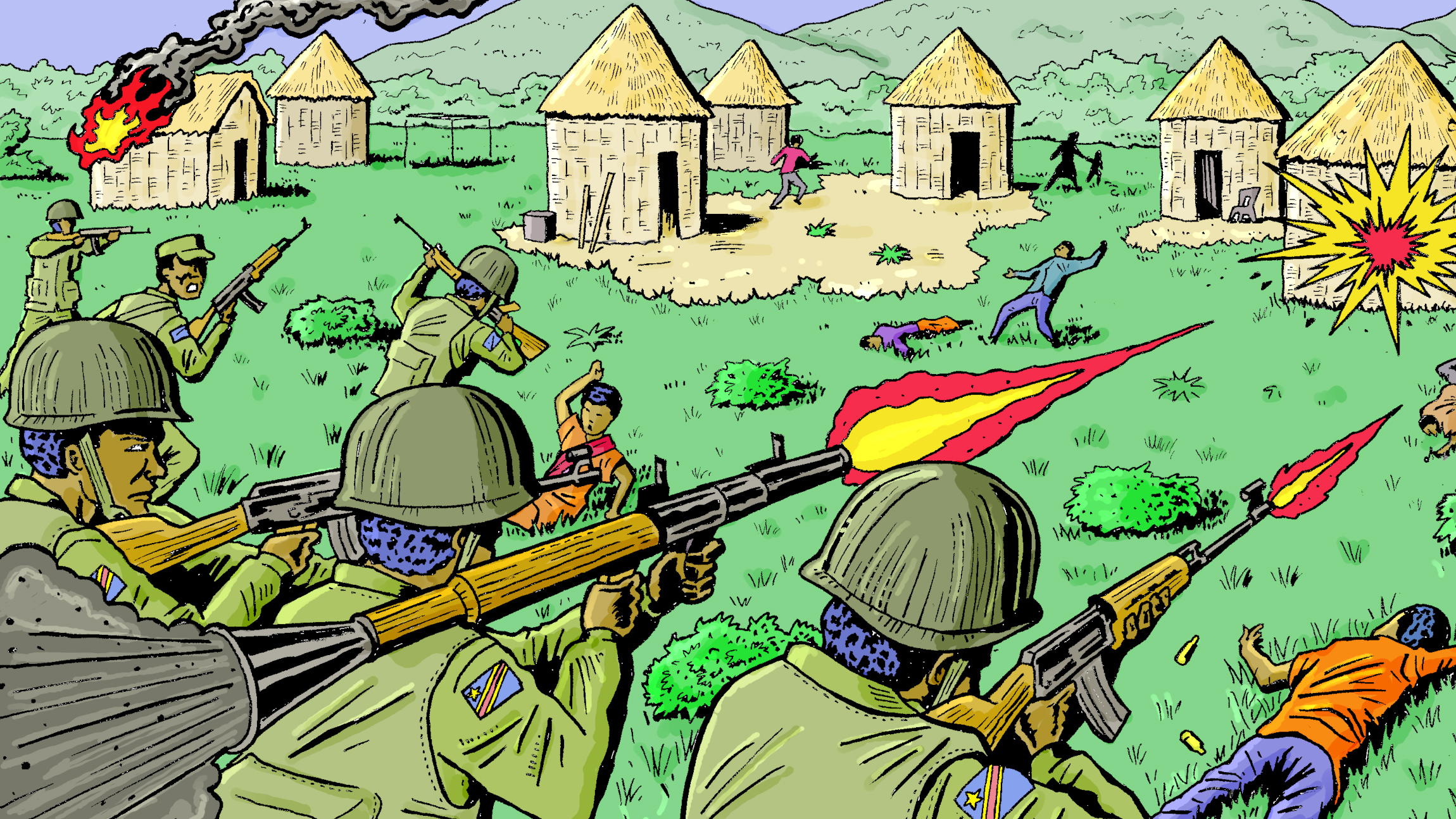
Geographically defined “protected areas,” managed by states or organizations, are one of the new global fronts against biodiversity loss and climate change. But many of those areas are already occupied by Indigenous peoples, whose rights are increasingly being violated in the name of conservation. This series explores how some conservation efforts are costing communities their homes — and in some cases their lives.
In This Series
-
The world spends billions to ‘protect’ Indigenous land. Only 17% goes to Indigenous peoples.
To access that money, Indigenous communities are creating their own funding solutions.
-
Indigenous leaders say Africa’s conservation plan puts lives at risk
'We cannot co-manage what is under the custody of people who have been destroying it.'
-
Australian environmental report finally recognizes Indigenous knowledge
The bleak, national assessment of the environment recommends an Indigenous rights-based approach.
-
Indigenous Ogiek win ‘landmark’ reparations ruling from African Court
The decision could set a precedent for other Indigenous peoples who have been violently removed from their lands.
-
‘Fortress conservation’ violently displaces Indigenous people
In Tanzania, attacks on the Maasai are the latest in a global pattern of violence highlighted by a new report.
-
Indigenous Maasai in Tanzania face resettlement sites with ‘critical flaws’
Up against eviction for ‘conservation,’ a new report alleges Tanzania is breaking its promises to the Maasai.
-
Indigenous Endorois fight for their land and rights at UN
Conservation efforts in Kenya displaced hundreds of Indigenous people. Can there be justice for stolen lands and culture?
-
Indigenous Taíno of Puerto Rico take their fight for visibility and rights to the UN
Without US representation, the Taíno advocate for environmental justice and cultural preservation internationally.
-
Indigenous people are being killed to ‘protect’ a Congolese park
A new report reveals how U.S. agencies and conservation organizations have supported the violence.
